MaRS Innovation’s top 10 portfolio stories for 2014
MaRS Innovation enjoyed an exceptional year in 2014. Our team continues to collaborate with researchers within our membership to help bridge the commercialization gap between their world-leading research and creating successful start-up companies or licenses.
Here are our picks for the top 10 news stories from MaRS Innovation’s portfolio.
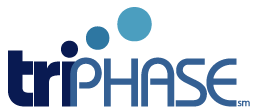 1. Triphase Accelerator Corporation, in which MaRS Innovation is an investor, started the year with a bang by signing a collaboration and option agreement with Celgene Corporation. In October, Triphase initiated a Phase I clinical study to evaluate marizomib in Glioblastoma (GBM) with Celgene, signed an agreement to provide Celgene with an option to acquire a new bi-specific antibody (licensed by Triphase from PharmAbcine) and closed the year by announcing that Triphase’s proteasome inhibitor, marizomib, demonstrates potent synergistic anti-multiple myeloma activity in combination with pomalidomide.
1. Triphase Accelerator Corporation, in which MaRS Innovation is an investor, started the year with a bang by signing a collaboration and option agreement with Celgene Corporation. In October, Triphase initiated a Phase I clinical study to evaluate marizomib in Glioblastoma (GBM) with Celgene, signed an agreement to provide Celgene with an option to acquire a new bi-specific antibody (licensed by Triphase from PharmAbcine) and closed the year by announcing that Triphase’s proteasome inhibitor, marizomib, demonstrates potent synergistic anti-multiple myeloma activity in combination with pomalidomide.
 2. Flybits Inc., spun out of Ryerson University, announced a $3.75 million Series A financing with Robert Bosch Venture Capital to advance its context-aware mobile experience platform. The company was also named a Red Herring Top 100 North America winner.
2. Flybits Inc., spun out of Ryerson University, announced a $3.75 million Series A financing with Robert Bosch Venture Capital to advance its context-aware mobile experience platform. The company was also named a Red Herring Top 100 North America winner.
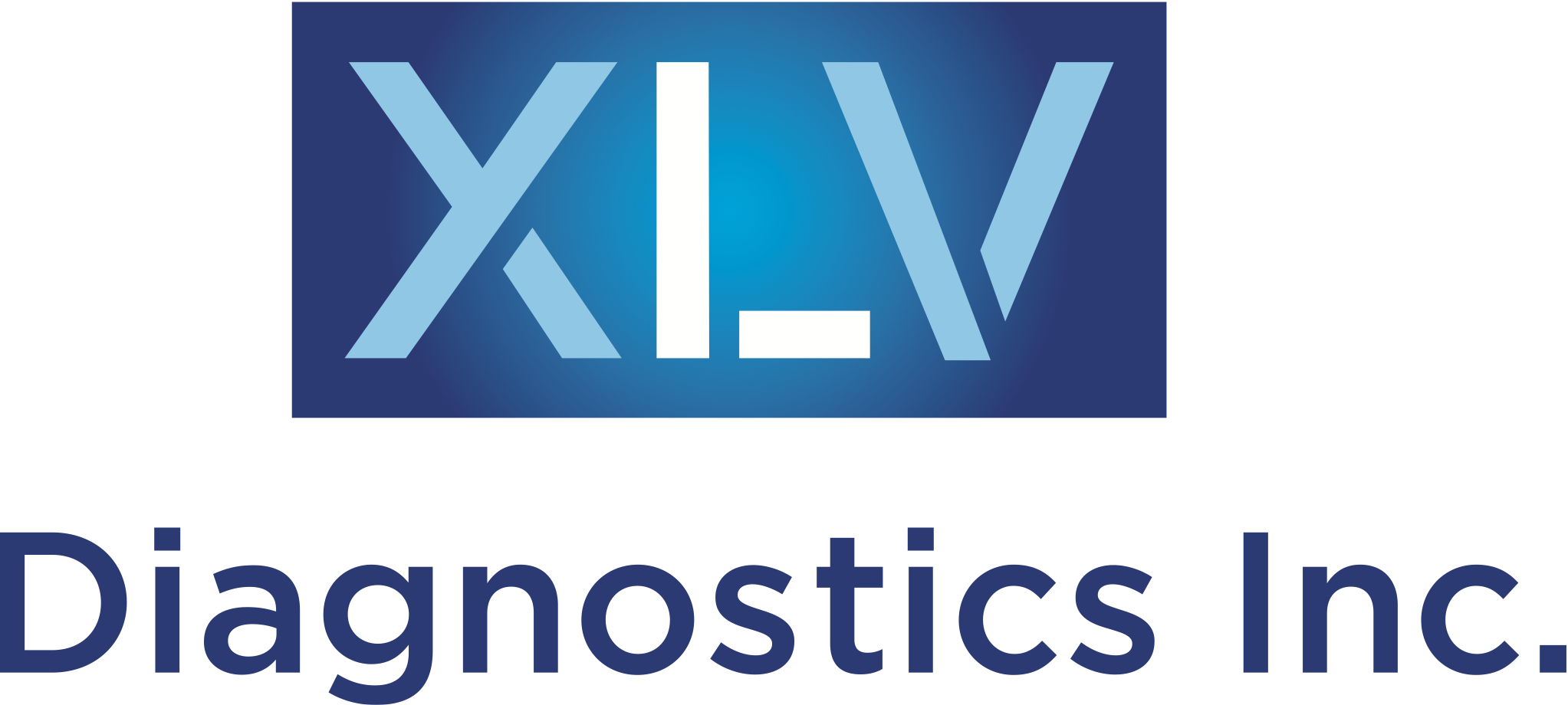 3. XLV Diagnostics Inc., spun out from Sunnybrook Health Sciences Centre and the Thunder Bay Regional Research Institute, secured a $3 million Series A investment round with Boston-based Bernard M. Gordon Unitrust. XLV’s product will provide mammography image quality equivalent to top-of-the-line mammography machines currently in use, and will do so at a fraction of the cost of current generation systems. The funding will support continued product development and regulatory approval.
3. XLV Diagnostics Inc., spun out from Sunnybrook Health Sciences Centre and the Thunder Bay Regional Research Institute, secured a $3 million Series A investment round with Boston-based Bernard M. Gordon Unitrust. XLV’s product will provide mammography image quality equivalent to top-of-the-line mammography machines currently in use, and will do so at a fraction of the cost of current generation systems. The funding will support continued product development and regulatory approval.

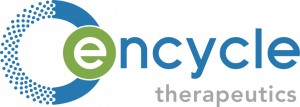
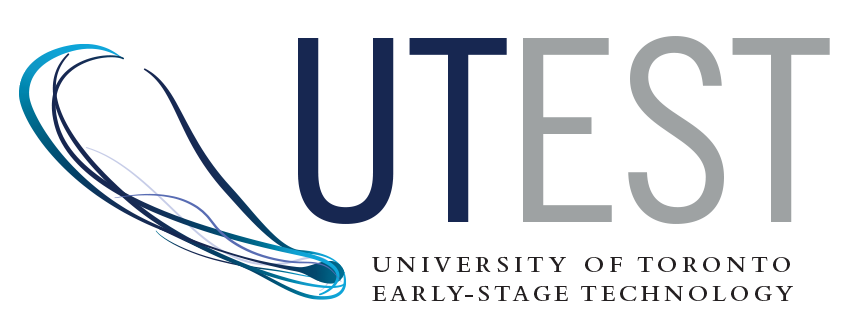
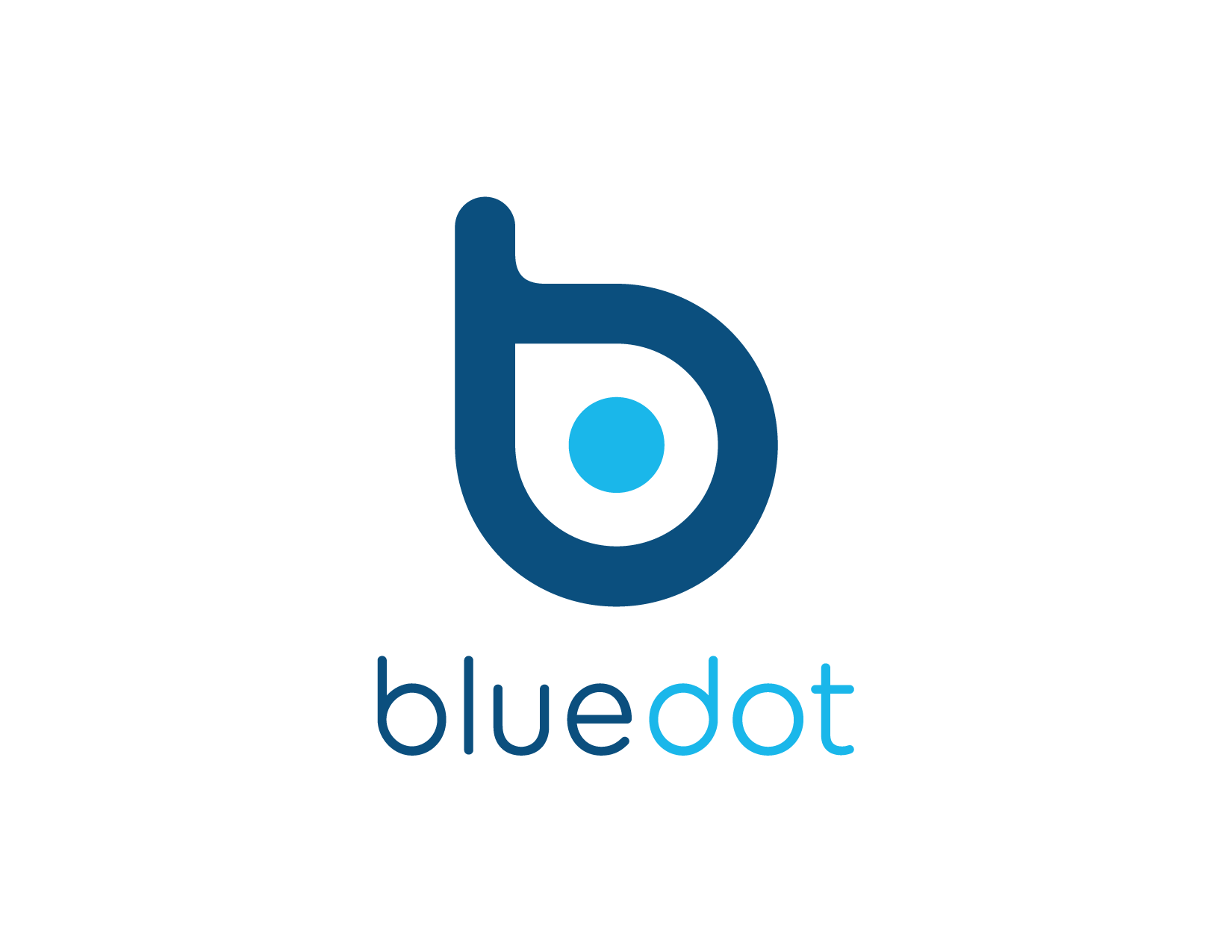



 Toronto-based
Toronto-based